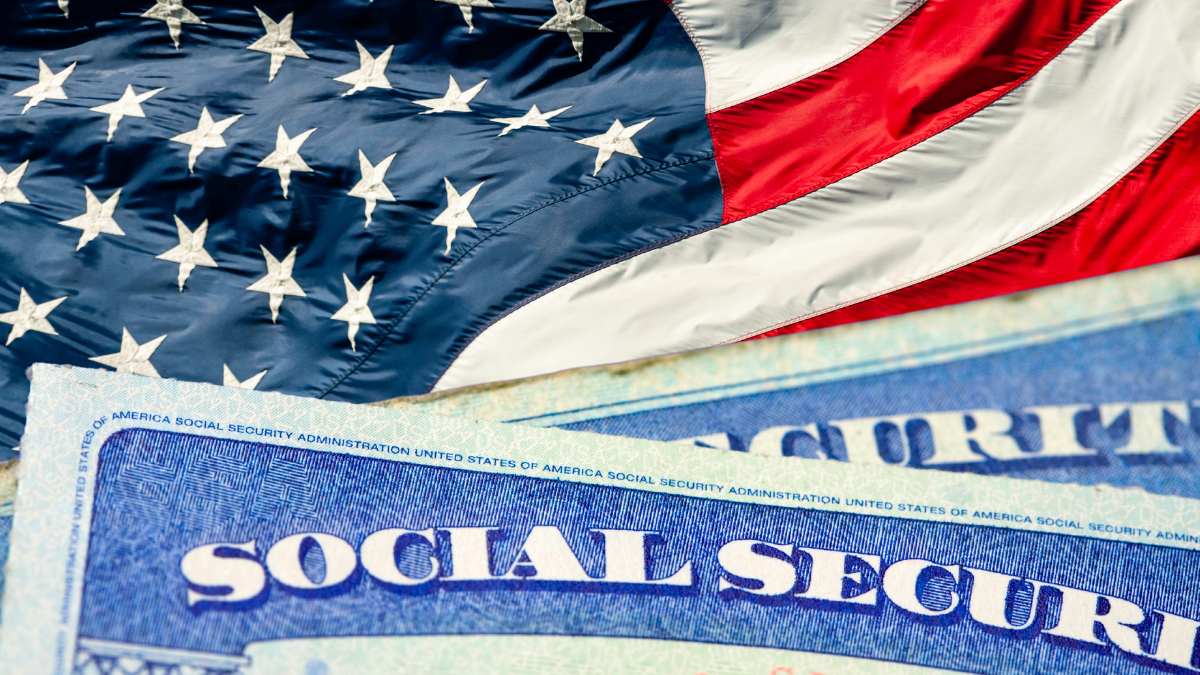Millions received false messages suspending Social Security payments due to technical failures. The Social Security Administration (SSA) attributes errors to outdated systems and staff cuts, while beneficiaries demand immediate solutions.
Millions of recipients of Social Security benefits received erroneous messages indicating that their payments had been suspended, according to reports. Computer system failures, compounded by budget cuts and staff reductions, have caused recurring outages to critical platforms such as MySSA, used to manage online benefits.
The situation has caused confusion and concern among vulnerable groups, including older adults and people with disabilities who depend on these payments to meet their living costs.
Social Security beneficiaries got notified that their payments just stopped
Internal sources told the press that the SSA outdated technological infrastructure is facing more failures than usual. A recent example was the collapse of the MySSA portal, which left users without access to their accounts. Additionally, anti-fraud software updates, pushed by the Department of Government Efficiency (DOGE), were not tested on a large scale, according to documents obtained by The Washington Post.
Staff cuts, orchestrated by Donald Trump and Elon Musk, part of a federal initiative to reduce costs, have depleted technical support teams. Employees specialized in systems like COBOL, an archaic language still used by the SSA, are resigning or retiring. “Without experts, errors take longer to resolve,” an anonymous former official explained to CNN. This coincides with reports of delays in technological modernization processes.
In a recent incident, 7.4 million Supplement Secure Income (SSI) recipients received an automated message indicating that they “are not currently receiving payments.” Although the funds reached their accounts, the error caused panic. Another ruling forced appointments for disability claims to be canceled, according to The Post. “If the systems collapse, people could be left without benefits for months,” warned a Baltimore employee on condition of anonymity.
The SSA confirmed to the media that it is investigating the causes of the interruptions, which lasted an average of 20 minutes, except for the erroneous message. However, it did not clarify how it will mitigate long-term risks. Meanwhile, DOGE promotes the migration of old systems to new platforms, a process that experts consider “rushed” without qualified personnel.
DOGE cuts: could your payments be affected?
Although President Donald Trump has promised not to cut benefits, critics accuse DOGE of using technological upgrades as a “back door” to reduce services. Wired revealed that the department is looking to replace COBOL within months, despite its use in key payment systems. “Without proper testing, these changes are risky,” one IT analyst told The Post.
The loss of employees with specialized technical skills compounds the problem. According to internal data, nearly 25% of a team in Baltimore dedicated to payments systems has resigned or will retire soon. “Those who remain do not have the capacity to resolve complex failures,” warned one worker. This increases the risk that future errors will affect actual payments.
SSA will send two Social Security payments this month
Did you know that the date you collect your Social Security check depends directly on your birthday? Let’s start with the basics: the payment schedule is organized according to the day of your birth within the month.
If you came into the world between the 1st and 10th of any month, your money arrives on the second Wednesday of each month.
For those born from the 11th to the 20th, it is the third Wednesday. Those who celebrate birthdays from the 21st onwards get paid on the fourth Wednesday.
But here comes the first “but”: this applies only if you started receiving benefits after May 1997. If you have been collecting since before that date or if you receive SSI (that support program for elderly or disabled people in tight economic situations), the rules change a little and your payments are sent on the 3rd of each month.
Some beneficiaries receive up to $5,108 per month, but that amount is reduced to only a few beneficiaries, less than 1% of the total 70 million recipients.




